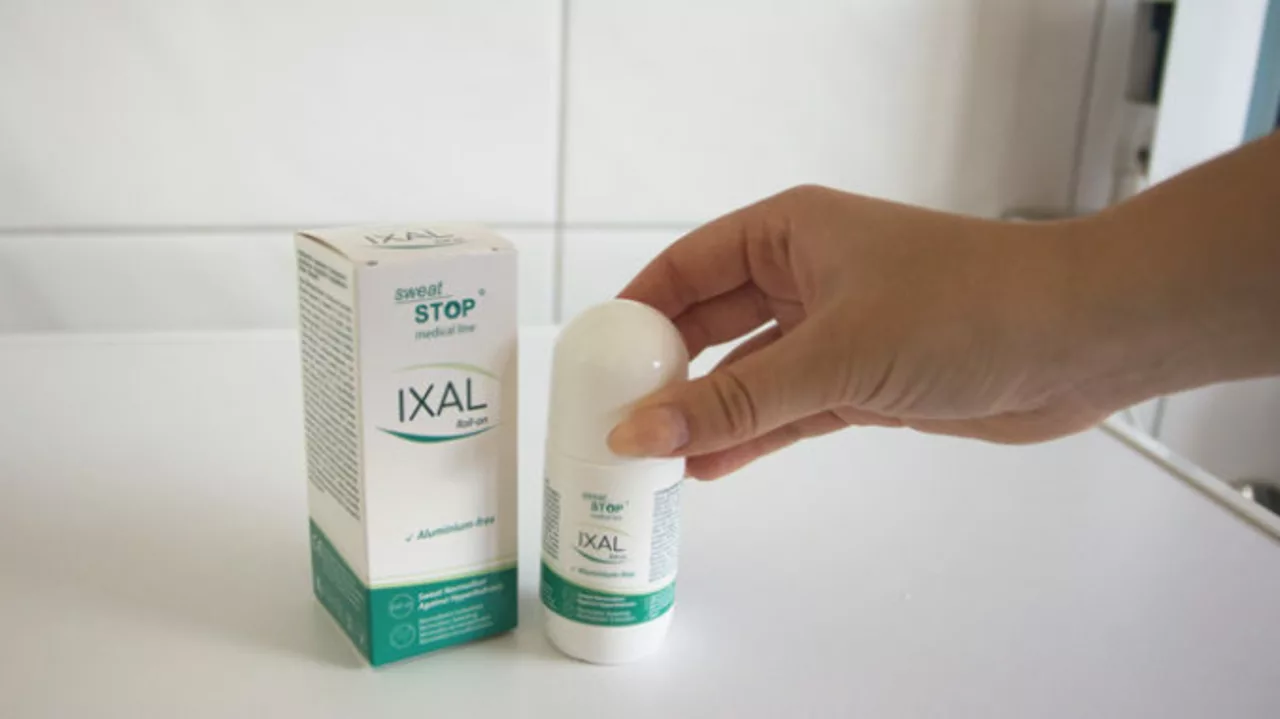If you’ve seen aluminium hydroxide listed on a medicine label, you might wonder what it actually does. In plain terms, it’s a mineral that can neutralize stomach acid and also help vaccines work better. The same compound shows up in over‑the‑counter antacids, prescription stomach meds, and some vaccine formulations.
Aluminium hydroxide is a white powder that turns into a gel when it meets water or acid. That gel traps acid in the stomach, which lowers the overall acidity. Because of this property, many people use products like Maalox or Mylanta to get relief from heartburn, indigestion, or sour stomach.
Beyond soothing the tummy, aluminium hydroxide plays a different role in vaccines. It acts as an “adjuvant,” which means it boosts the body’s immune response so the vaccine works more effectively. You won’t feel this part of the medicine—it’s just a tiny amount mixed into the injection.
When you buy an antacid that contains aluminium hydroxide, follow the dosing instructions on the package or those given by your doctor. Typical adult doses range from 250 mg to 500 mg per tablet, taken after meals and at bedtime if needed. Don’t exceed the maximum daily amount because too much can lead to constipation or phosphate depletion.
If you’re taking a prescription that includes aluminium hydroxide (for example, some combination drugs for ulcer treatment), your doctor will set the exact schedule. It’s best to take it with a full glass of water and avoid lying down right after swallowing – this helps prevent reflux.
Watch out for drug interactions. Aluminium can bind to certain antibiotics like tetracyclines or fluoroquinolones, making them less effective. To stay safe, separate the doses by at least two hours.
Side effects are usually mild but worth knowing. The most common complaints are constipation and a chalky taste in the mouth. If you notice severe stomach cramps, vomiting, or an unusual swelling, stop taking it and call your doctor.
People with kidney problems should be extra careful because aluminium can build up in the body when the kidneys can’t clear it well. Your healthcare provider may suggest a different antacid if you have chronic kidney disease.
Storing aluminium hydroxide products is simple: keep them in a cool, dry place away from direct sunlight. Make sure the bottle stays tightly closed to avoid moisture getting in and clumping the powder.
In short, aluminium hydroxide is a useful tool for both soothing acid‑related discomfort and enhancing vaccines. Use it as directed, watch for interactions, and you’ll get the benefits without unnecessary hassles.
